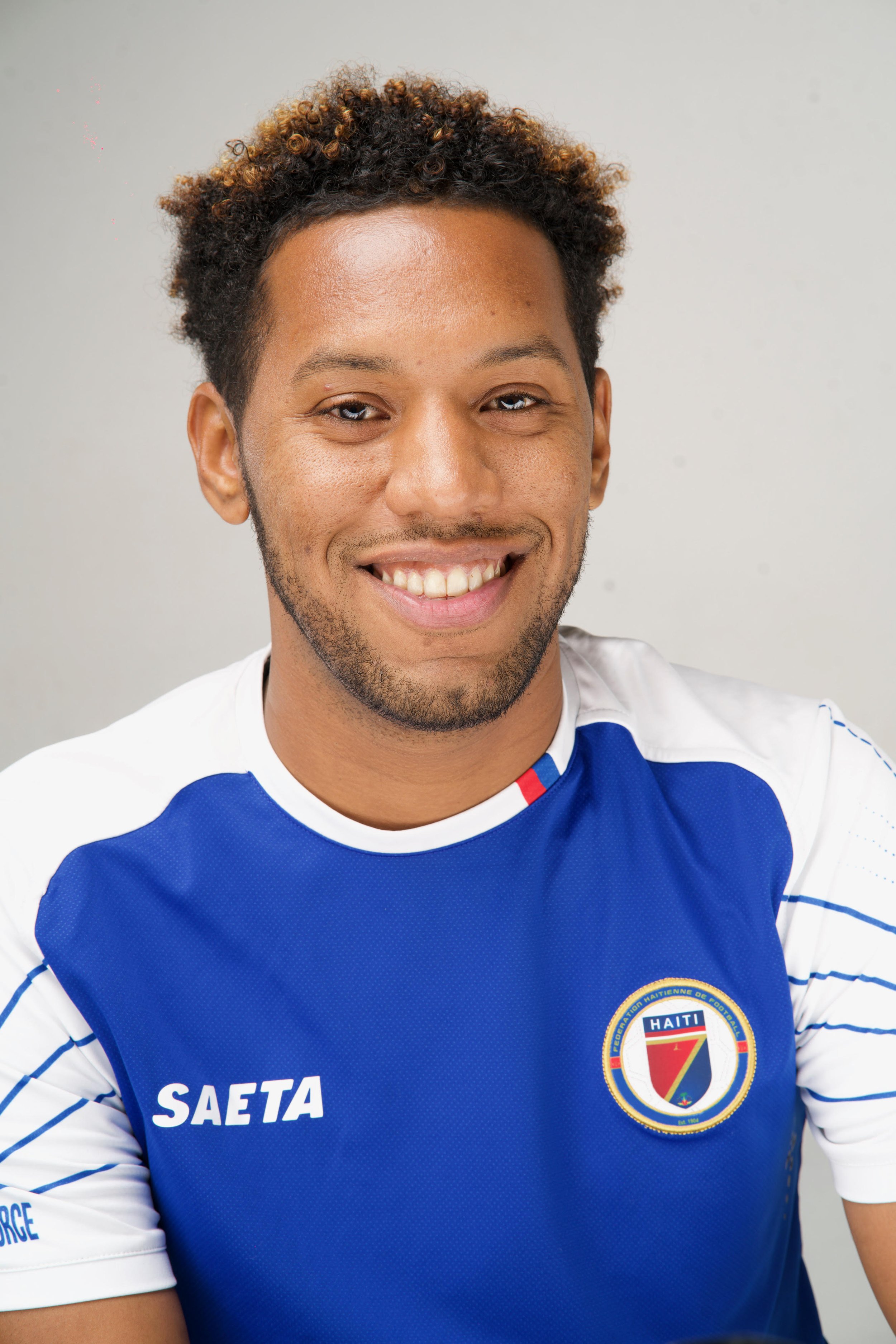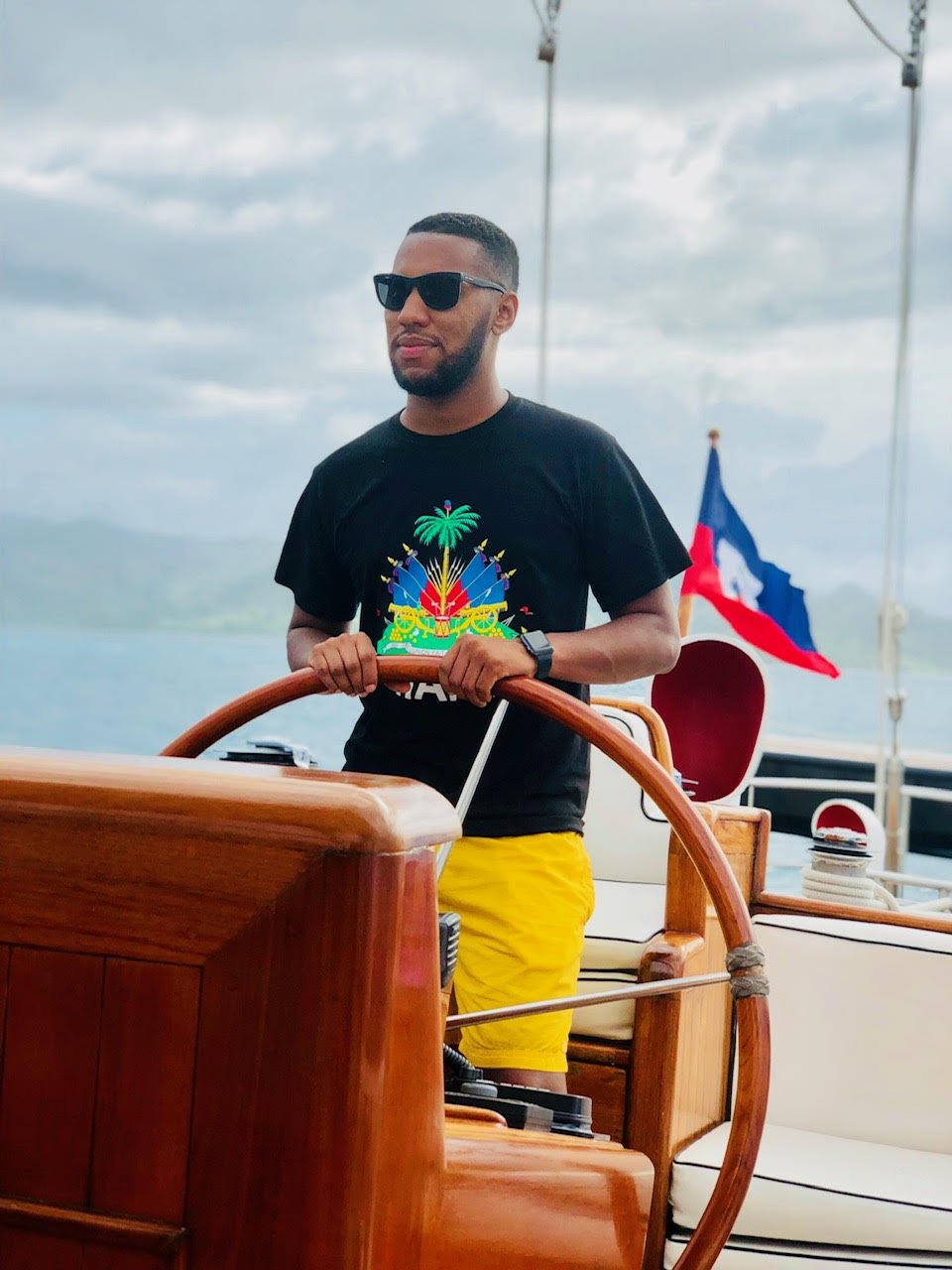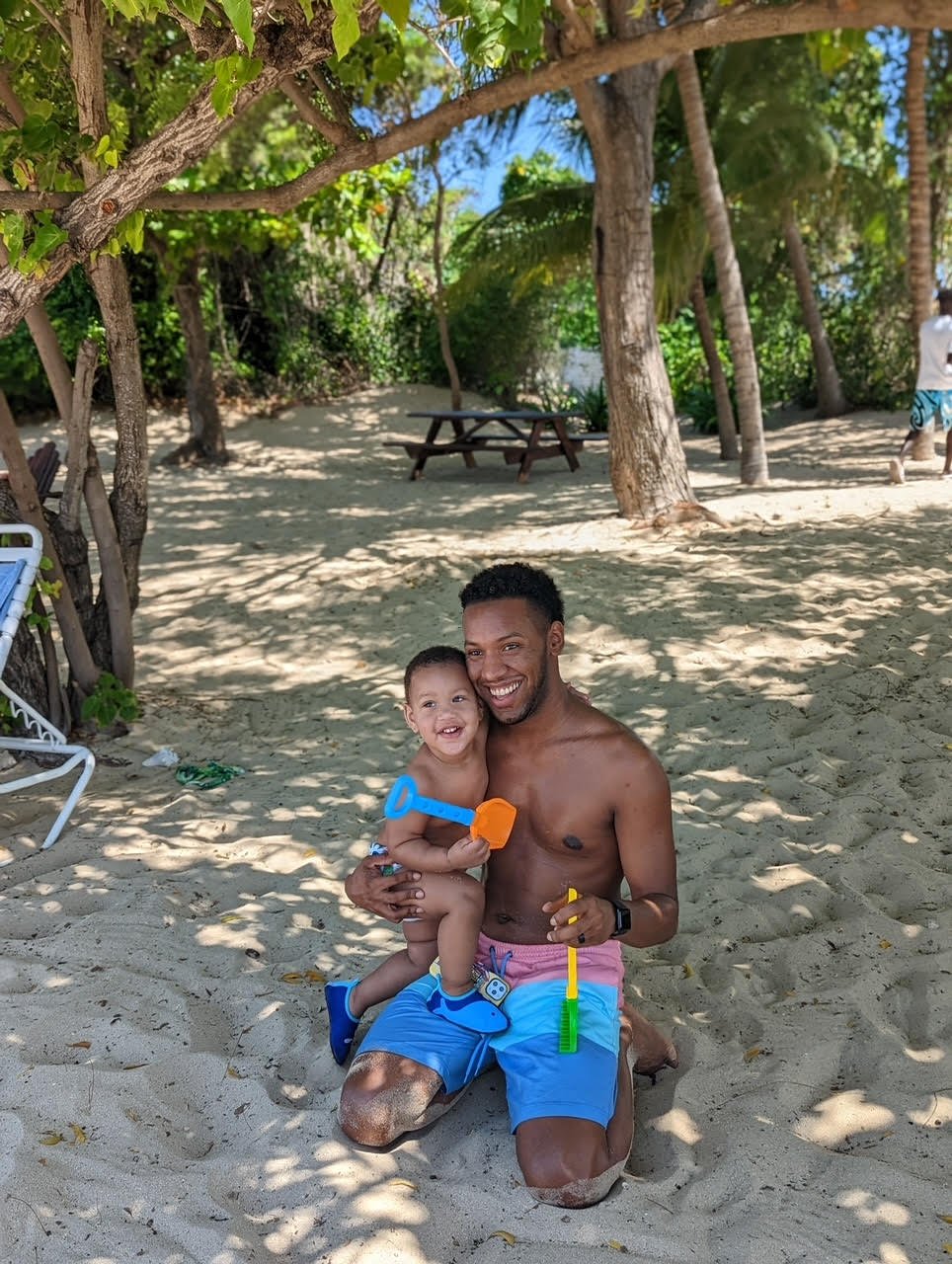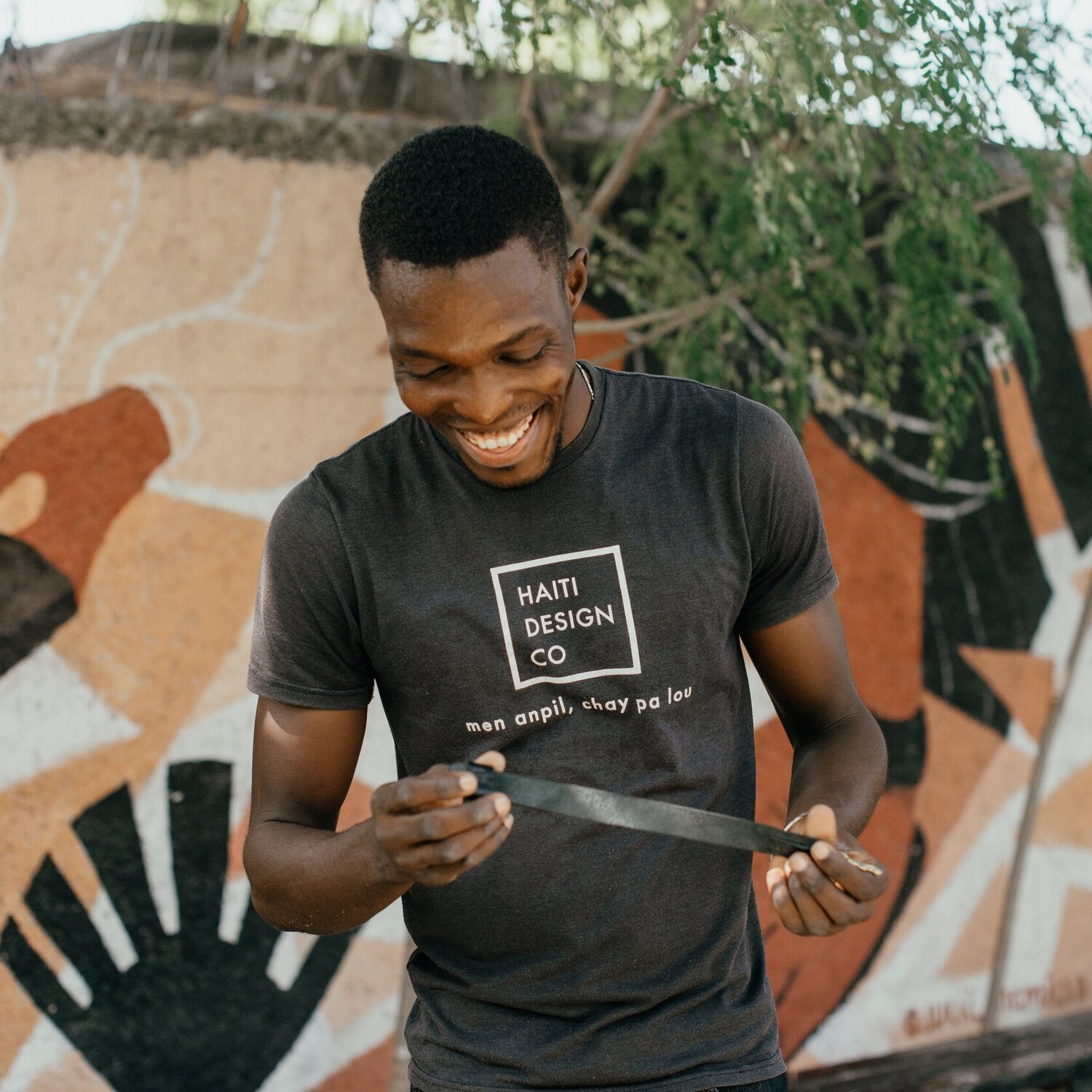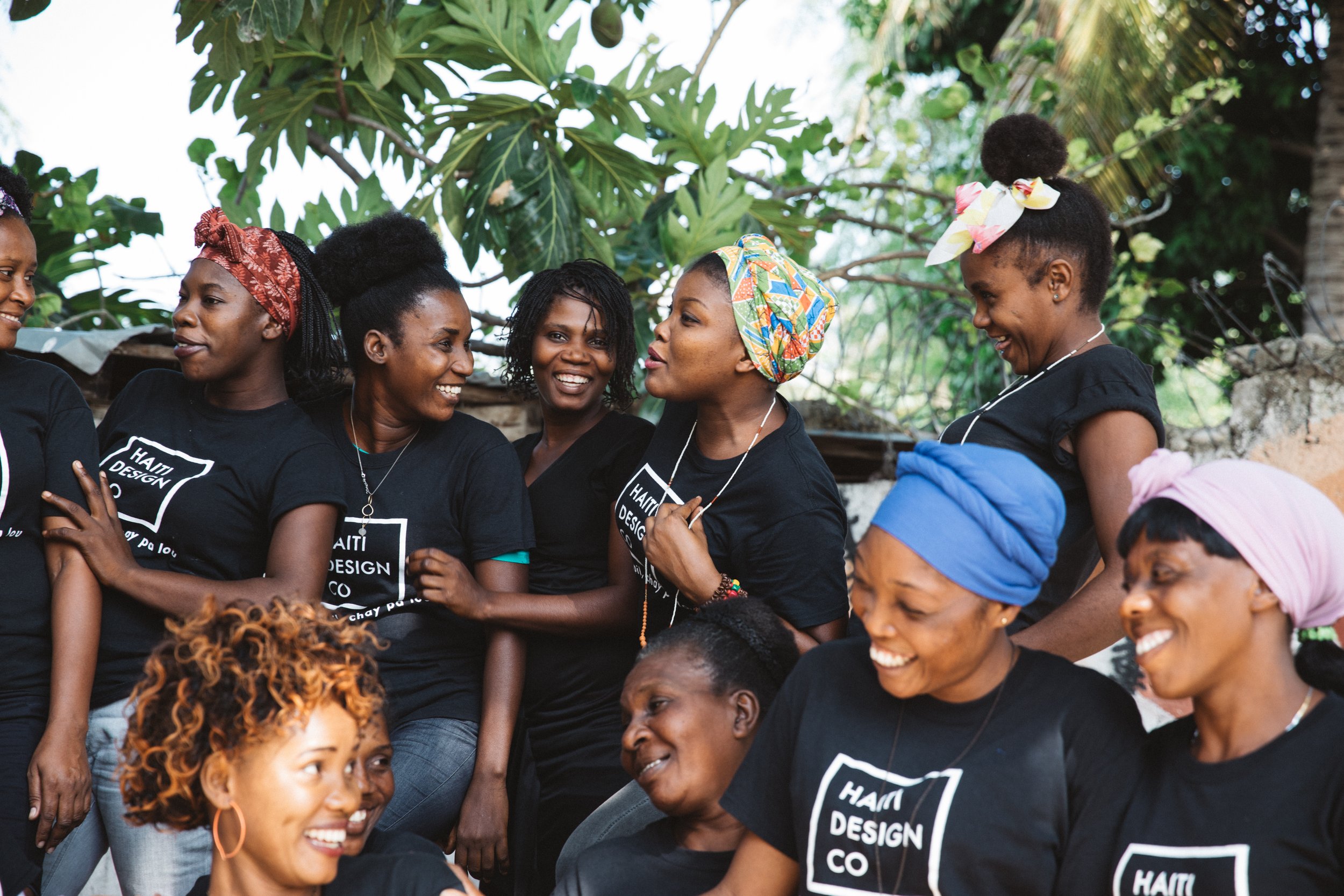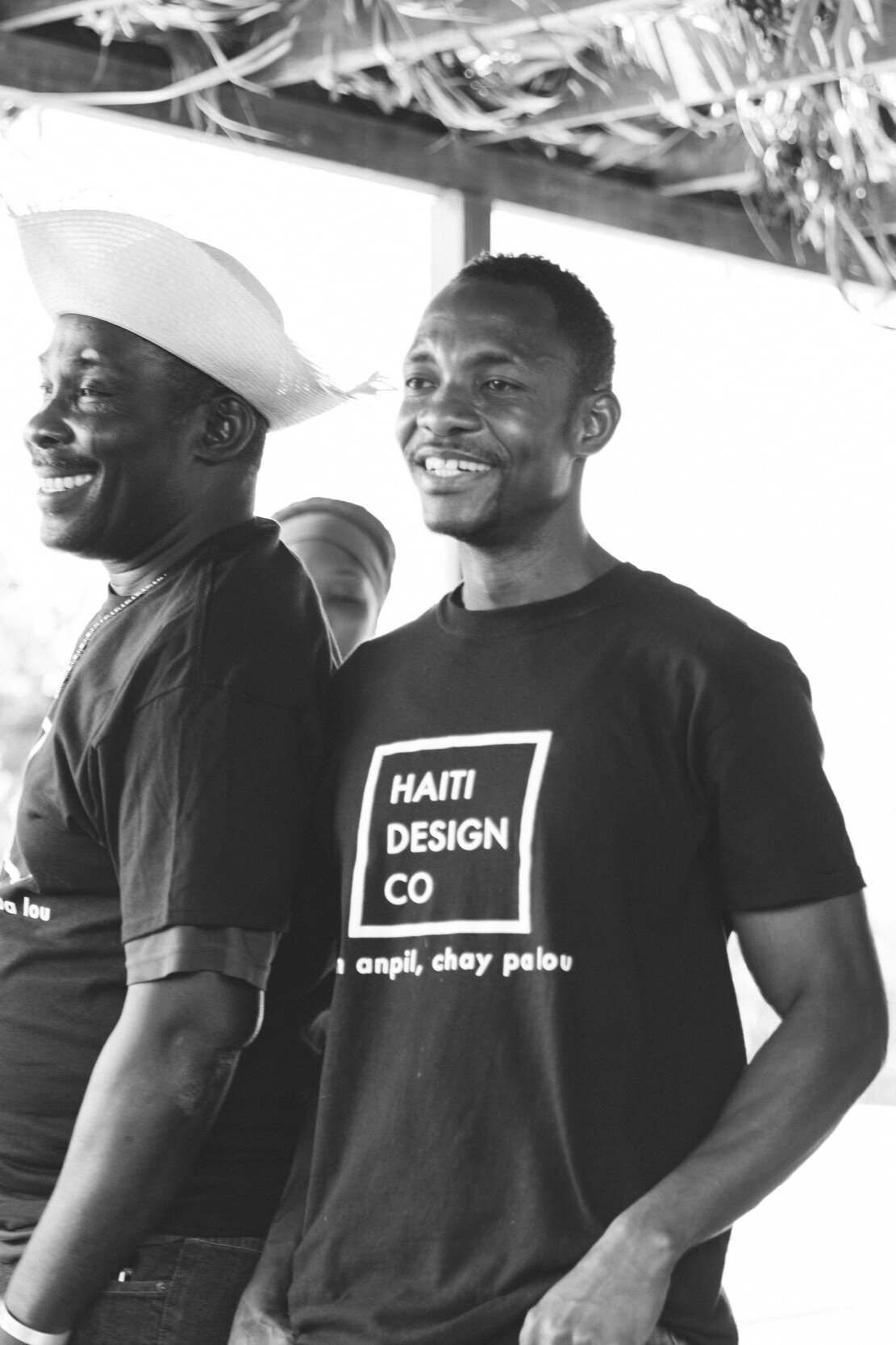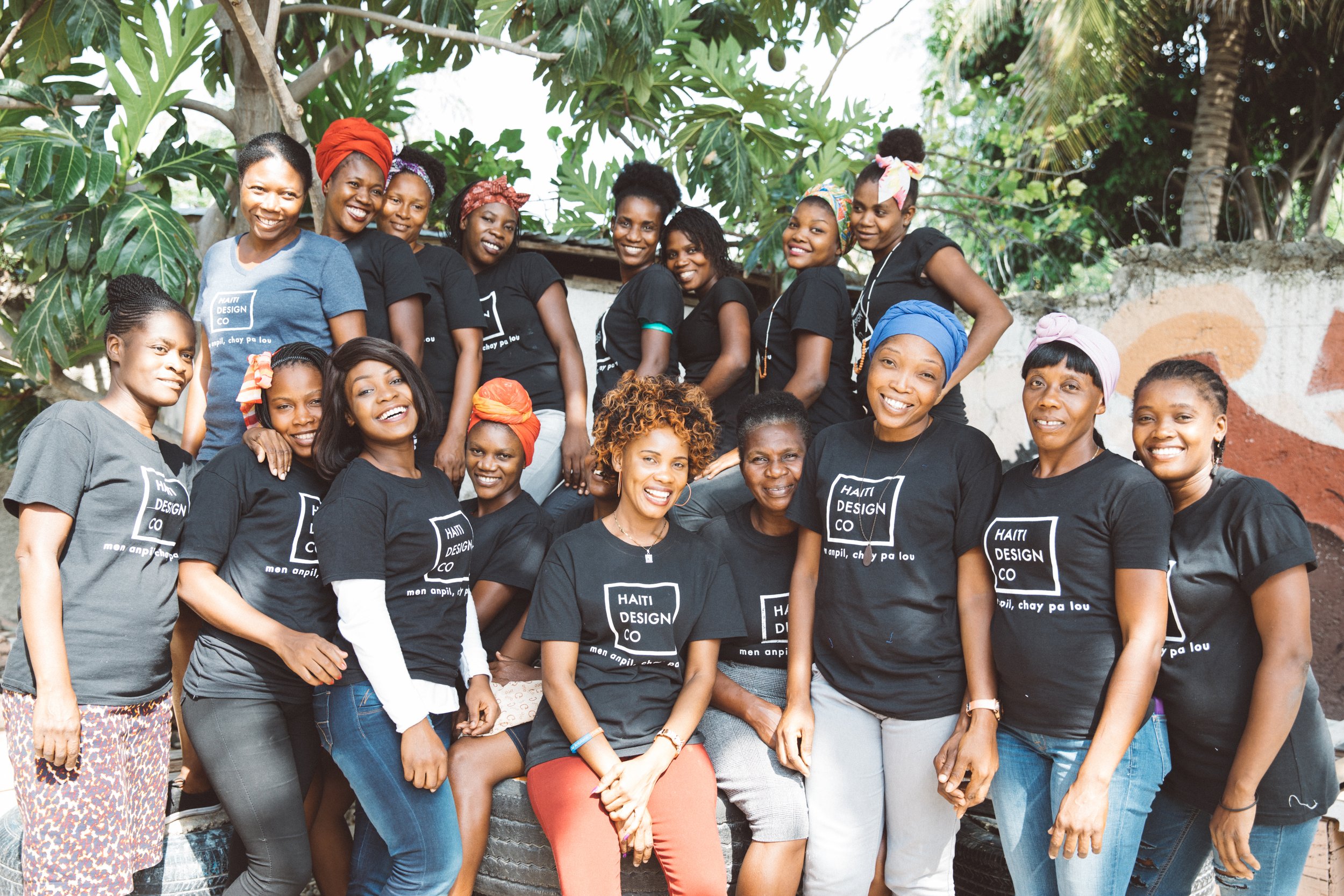Welcome back to the Haitian American Experience series. With everything currently going on in Haiti, we wanted to create a safe space for authentic conversations and we are conscious that the diaspora cannot be left out. This series has started with the goal of hearing different perspectives about the current situation and how the diaspora could offer sustainable short and long term solutions. We will also of course dive into some more personal topics in order for you to learn more about our features and their unique personalities.
Enjoy!
How have you been Richard?
Hey guys! I’ve been pretty good thank you—we’ve been incredibly busy hosting many different trips across different continents so it’s been non-stop for us but also been stressed and appalled about the situation in Haiti.
Tell us more about yourself, your interests and the work you do.
My name is Richard Cantave—many people know me as Haitian Nomad, I am an avid traveler who enjoys learning about new cultures, history and unique cultural experiences. I have turned this passion into my life-calling of facilitating these experiences for others by hosting them in countries around the globe.
When did you move from Haiti to the US?
I moved from Haiti to the US in June 2003 when I came to spend the summer vacation but ended up staying as a result of the deteriorating political situation in Haiti.
How would you describe your passion for Haiti?
I don’t think there are words that can describe my passion for Haiti. Everyday, during my travels, I am reminded how much of a blessing it is to have been born in Haiti. To be Haitian is something to be incredibly proud of …our history, our culture, our food is very unique and it’s something I’m always super excited to share with the world. I’m always super excited to host our Haiti trips as it is one of the very few places where you can experience what I call RAW tourism! There are no “tourist traps” in Haiti, you’re experiencing the authentic culture no matter where you go !
How is the current situation affecting you right now ?
I’m very sad to see what’s going on Haiti right now, even worse to see the mass exodus or the brain drain that’s happening. While I understand the reason people want to leave as I did but if everyone who’s educated and represents some kind of hope for Haiti leaves, what’s next? This is also the longest I have gone without going to Haiti as the situation in Port-au-Prince has deteriorated and spilled over to other places throughout the country. It also pains me to know that so many people benefited from our many different trips to Haiti and now they have to find other ways to make ends meet in an already difficult place. The other thing that always bothered me about the situation in Haiti was the way it broke families apart. When people leave Haiti, they move to different countries, different states and family ties are broken——cousins grow up without each other for example.
“Everyday, during my travels, I am reminded how much of a blessing it is to have been born in Haiti. To be Haitian is something to be incredibly proud of …our history, our culture, our food is very unique and it’s something I’m always super excited to share with the world. ”
From your perspective, how can the Haitian Diaspora contribute to short term and long term change right now ?
The Haitian diaspora needs to be united to make big changes in Haiti—I’m sad to see sometimes Haitians who move to the US but keep the same mentality or the same way of life as they had in Haiti because they never assimilate and therefore can’t really progress. If we had more of a togetherness, more resources available for those who arrive, I believe they’d be able to also help others still in Haiti or even they themselves would take the experiences learned here and implement them in Haiti.
We need to put a stop to the “neg anwo vs neg anba, the colorism , close the social divide in the name of country—kind of like South Africa did under Nelson Mandela. We can’t keep fighting over the same things we’ve been doing over the past 200+ years!
We must also make sure our children growing up in the us or outside of Haiti never forget who they are, where they come from and that they know and feel at home in Haiti
How do you do your part ? (It's also ok if right now you don't know yet how you do your part. You can be transparent about that)
I do my part in many ways:
1. I identify people/youths In Haiti I see doing positive things but who lack support & I find ways to support them—such was the case when I purchased $5,000 worth of professional equipment recently for a group of talented young Haitians Doing amazing work in their community in the north.
2. Through our many trips, we find ways to directly hire the people of the communities we visit and give back in meaningful ways like providing support to local schools.
3. Through an organization called Kiva, we provide small loans at 1% to local entrepreneurs who lack funding for their ideas/businesses. The 1% repaid, fuels another entrepreneurs’ dreams.
If you could give a word of encouragement to Haitians grieving for their country right now, what would it be?
“While it’s ok to grieve, the work doesn’t stop and we can’t always “leave it to God” who already gave us everything we need to build. ”
A little Haiti QnA
Favorite spot in Haiti?
Gadras/Paradise Bay beach near Cap Haitien
Favorite Haitian meal?
Diri Djon Djon (Black Rice), Macaroni Gratiné, Griot, Bannan Peze
Favorite Haitian alcoholic beverage?
I don’t drink but I love me some cremas :)
Haitian item we will always find in your house?
Haitian Coffee (Rebo) , Haitian Flag, Pilon, Lwil maskreti, Haitian vanilla essence, Kassav , haitian flag of course.
3 Haitian businesses you love and support
Any artisan at Village Nouailles
I recently had the pleasure to eat at a small restaurant in Petion-Ville called “Wikouk” and the food was EXCELLENT ! Hotel Montana is also one of my favorite hotels in Haiti.
Bonbon lakay in Brooklyn makes all the yummy sweets that remind me of my childhood in Haiti.
LePic pizza in south Florida makes the same — amazing pizza we’ve grown to love like pizza garden.
A popular Haitian dish you do not like
Any seafood
Favorite Haitian proverb
Ou pa janm konn kote dlo pase li antre nan kokoye
Haitian song you will never get over?
